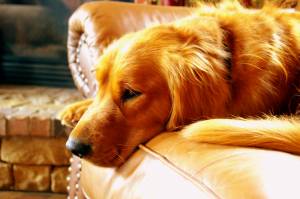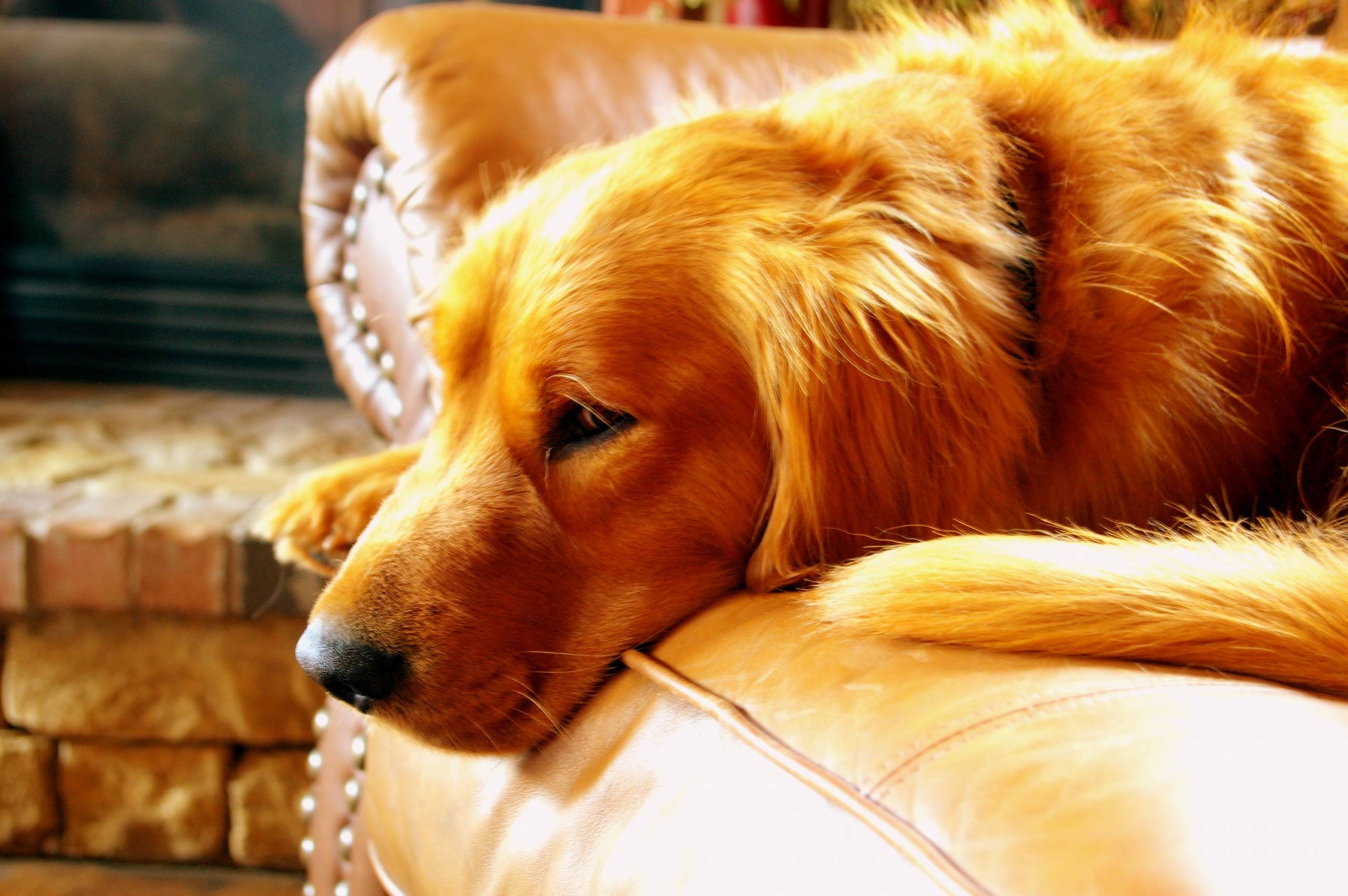
Understanding the Causes of Diarrhea in Dogs
Before we dive into solutions, it’s crucial to understand what causes diarrhea in dogs. There are several reasons why your dog might experience this unpleasant condition. Dietary changes, such as introducing new food, can trigger diarrhea due to the sudden shift in their digestive system. Additionally, bacterial or viral infections, parasites, and food allergies can also lead to diarrhea. Sometimes, more severe health issues like pancreatitis, inflammatory bowel disease, or ingestion of toxic substances may be the underlying cause. Identifying the cause of your dog’s diarrhea is the first step in effectively addressing the issue and providing the right care.
Taking Action: How to Stop Diarrhea in Dogs
When your dog experiences diarrhea, it’s important to take swift action to alleviate their discomfort and prevent any further complications. Here are some steps you can take to help stop diarrhea in dogs:
1. Dietary Management: Start by temporarily withholding food for 12 to 24 hours to allow your dog’s digestive system to rest. After this fasting period, gradually reintroduce bland, easily digestible food such as boiled chicken and rice. This gentle diet can help firm up your dog’s stool and ease their digestive distress.
2. Hydration: Diarrhea can lead to dehydration, so it’s crucial to ensure your dog stays well-hydrated. Provide plenty of fresh, clean water for your pet to drink. You can also offer ice cubes or a small amount of low-sodium chicken broth to entice them to drink if they’re reluctant.
3. Veterinary Care: If your dog’s diarrhea persists for more than 24 hours, is accompanied by other concerning symptoms, or if your dog is a young puppy or a senior, it’s vital to seek veterinary care promptly. Your veterinarian can diagnose the underlying cause of the diarrhea and provide appropriate treatment to help your dog recover quickly.
Supporting Your Dog Through Recovery
While managing your dog’s diarrhea, it’s important to provide them with extra care and attention. Keep a close eye on their behavior and monitor their progress as they recover. Create a comfortable and quiet space for them to rest, and ensure they have easy access to water at all times. Stay patient and understanding as your dog goes through this uncomfortable experience; your support and care will make a significant difference in their recovery.
Dealing with diarrhea in dogs can be challenging, but with the right approach and care, you can help your pet overcome this unpleasant experience. By understanding the potential causes of diarrhea, taking appropriate action to stop it, and providing your dog with the necessary support, you can effectively manage this common health issue. Remember, if you have any concerns about your dog’s health or if their condition doesn’t improve, consulting a veterinarian is always the best course of action. Your furry friend’s well-being is a top priority, and by taking these steps, you’re ensuring they receive the care and attention they need to get back to their happy, healthy selves.
[/fusion_text]



